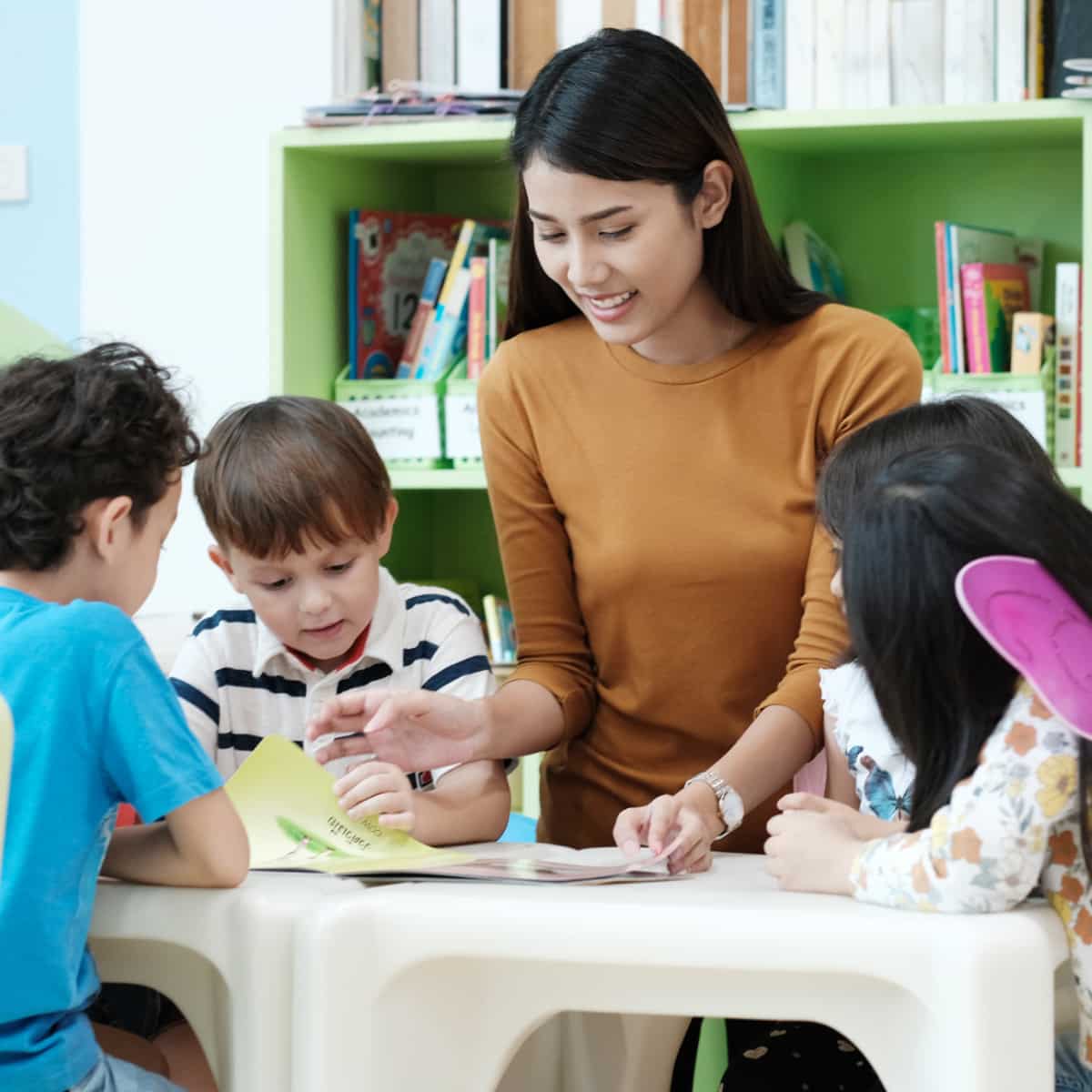Why Does Early Childhood Education Matter?
- Date:
- Author: UNITAR International

Early childhood education sets the foundation for lifelong learning, behaviour and general wellbeing. The experiences children have during early childhood shape the brain and the capacity to learn, get along with others and respond to daily challenges.
Knowing the importance of early childhood education can help parents to see the role it plays in their children’s preschool learning, which may subsequently lead to a life-long passion for learning, developing social skills and encouraging the development of fine motor and sensory skills.
Let’s dive deeper into the benefits of early childhood education to see why it’s important to continue.
Early literacy is all about learning the sounds, words and contextual use. Why is early childhood education important? That’s because preschool teachers have the power to influence early literacy skill development and potentially impact children’s later success in school.
Preschool teachers can help children develop language skills by using explicit interactive techniques such as asking them to point to the story title, predict what might happen next and retell story events. This is done to engage them before, during and after reading the text.
By establishing a foundation in literacy skills during early childhood, young students can gain knowledge through reading as well as media and technology usage. In return, they can contribute knowledge through writing and develop media and technology later in life.
Another reason why early childhood education does matter is due to the fact that it teaches children how to think critically. Critical thinking happens when children draw on existing knowledge and experiences to solve a problem in various ways, such as [1]:
Critical thinking is also a fundamental skill to having a good command of language and literacy. As children begin to think critically, their language skills expand when they pick up and use more complex vocabulary. Conversely, their critical thinking grows as their language development progresses.
In terms of literacy, children must be able to do more than recognising and producing sound out of the letters and words. They need to learn how to “read between the lines”, that is to figure out things not explicitly stated in a book.
When given a storybook, preschool teachers can guide their students to critical thinking through problem-solving, predicting and explaining.
If you’re still asking yourself “why is early childhood education important?”, you may see that the majority of schooling children carry a sense of self-confidence and positivity as there are other kids to interact with, team activities and homework given by the teacher. A typical kindergarten classroom practices praise and acknowledgement, communicating realistic expectations, allowing students to establish personal boundaries and ownership of their belongings and most of all, not comparing one student to another.
Sending a child for preschool isn’t just about gearing them for academic success at future learning institutions, it’s also to enhance early childhood development and that is why it’s important to continue even when the lessons are conducted online.
Whether it’s at home or at preschool, we can’t deny the importance of early childhood education. As explained above, the benefits of early childhood education can significantly impact a child’s learning and personal development. Interested in starting your academic journey in early childhood education? Check out UNITAR’s Diploma in Early Childhood Education today!
Source:
1.http://www.hanen.org/Helpful-Info/Early-Literacy-Corner/Critical-Thinking.aspx
Our education counsellors are ready to help you!
Complete the form below;
it takes less than a minute.
WhatsApp us